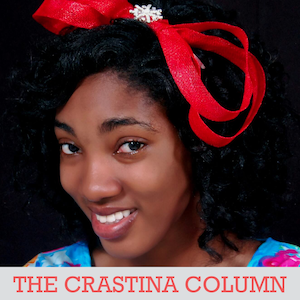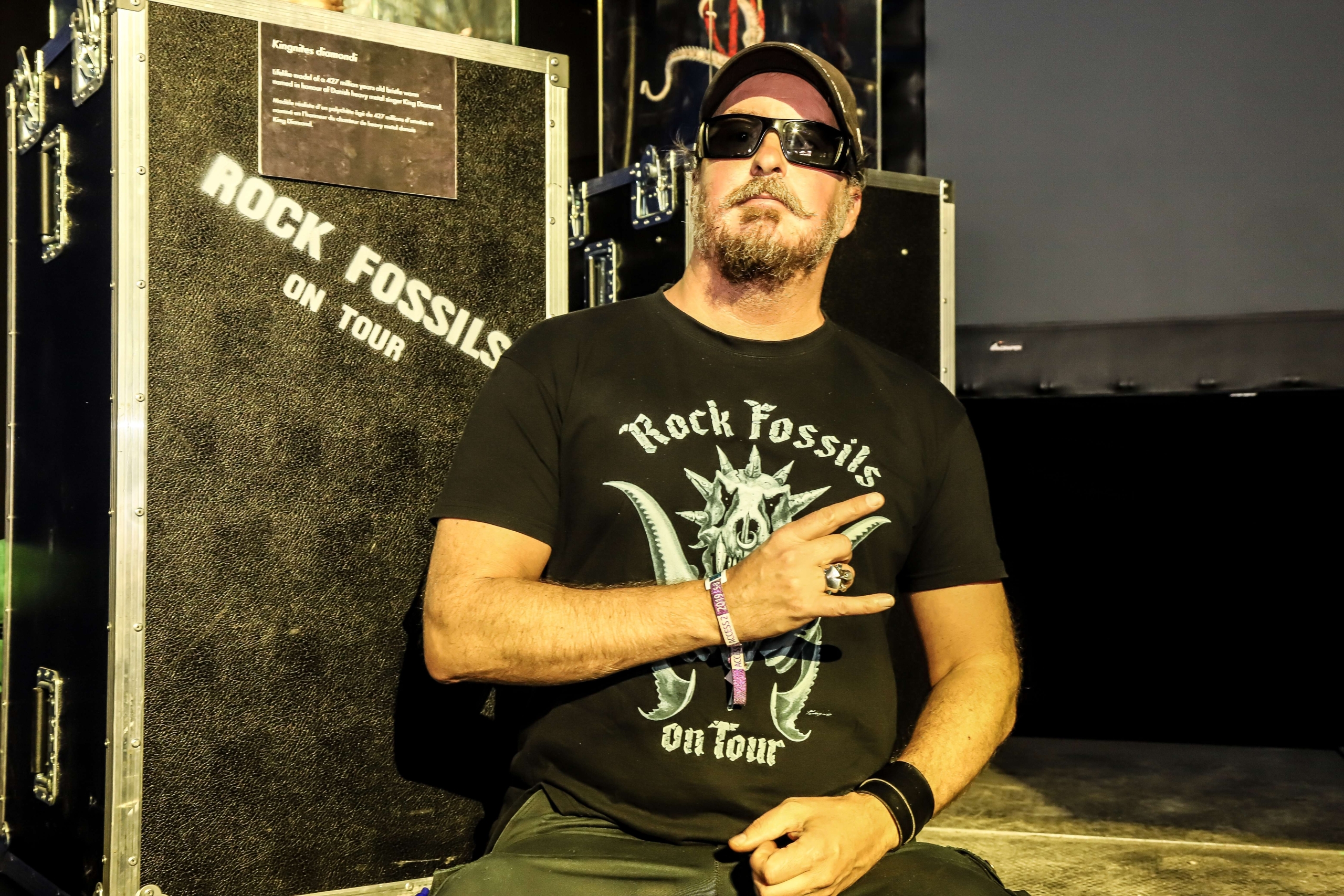Crastina is a platform for the exchange of experience, knowledge and inspiration regarding both scientific peer-to-peer communication and science dissemination
- What? An international network of (mostly young) people who love to communicate science & tech.
- Why? We think science needs to be communicated with more passion and professionalism.
- Where? On our website with interviews & resources + on social media + on Skype and IRL.
- Who? A content group (the Crew), a think tank (the Academy), + lots of friends & contacts.
- When? Right now – as a matter of fact, we’ve just geared up.
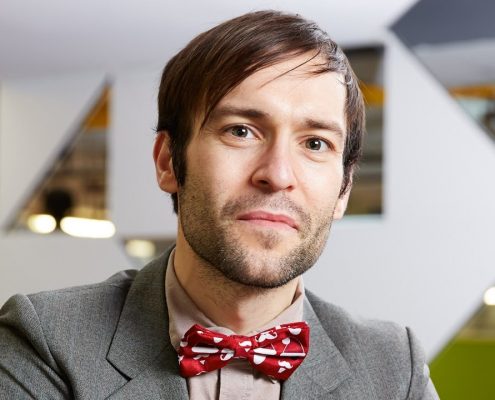
Using poetic verse for scientific abstracts – a study by Sam Illingworth
Can the accessibility of a scientific article be improved if the original abstract is interpreted in poetic verse? Sam Illingworth – SciComm teacher at Manchester University and science poet – recently decided to explore this.
The…
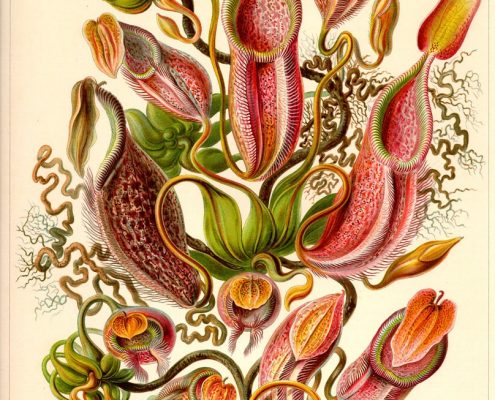
Masters of illustration 1: Haeckel and “The Arts Forms of Nature”
Visual arts and science may have very little in common, but when the two connect, a new form of both may be created. One of the most stunning examples of this are the illustrations of Ernst Haeckel, German naturalist.
This is the first in…
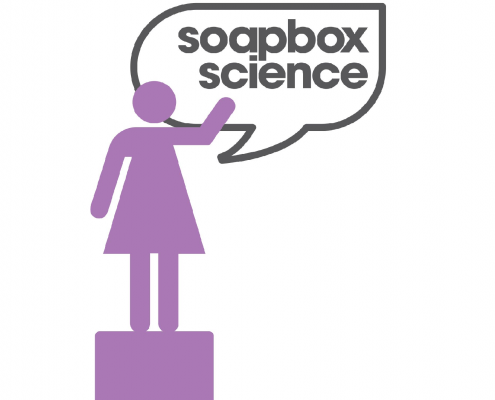
Talking science from the top of a soap box
How do you transform public spaces into an arena for public learning and scientific debate? Invite top female scientists to talk to people while standing on a soap box in the street! Soapbox Science is a public outreach platform, which also…




